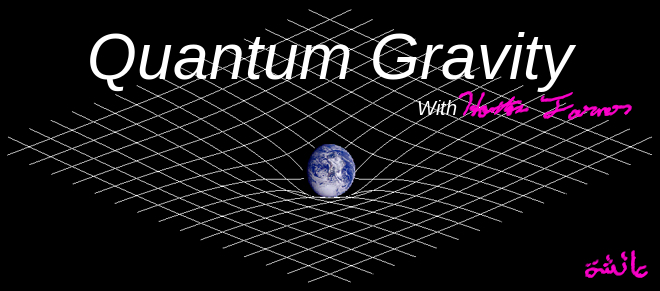Created in a Bose Einstein Condensate, sound may enter these acoustic black holes but it may not leave. This creates an system we can experiment with on a table top level and learn about black holes from it.
The strange and unique features of the Bose condensate never cease to surprise us. A while back they were used to slow a beam of light almost to a standstill. Now a research team out of the institute of technology in Haifa Israel claims to have created "A sonic black hole in a density-inverted Bose-Einstein condensate." by O. Lahav, A. Itah, A. Blumkin, C. Gordon, and J. Steinhauer (Arxiv link to PDF).
What is a Bose-Einstein condensate?
To answer that I need to tell you a little bit about quantum mechanics. In quantum theory there are two very broad categories of particles/states. They are sorted by how their angular momentum is quantized? Angular momentum comes in packages of 1/2 or 1. In $1000 words spin is either half integer or integer quantized. Particles that have angular momentum in packages of 1/2 are called Fermions (named after Enrico Fermi). These particles obey one kind of statistics called Fermi Dirac statistics, and a basic principle called the Pauli exclusion principle. ( The electron is the best example of a Fermion.) What all of that means is that "Fermions" can only live as pairs. On the other hand particles with angular momentum in packages of 1 are called bosons. They obey a different statistics, called Bose-Einstein, and do not obey the Pauli exclusion principle. For this reason any number of bosons may live in the same state. (The photon is the best example of a boson.)
All of that said, a Bose condensate is a state of matter where all of the particles are bosons, and they have cooled in to the lowest possible energy state. In practice this is usually done using carefully selected fermions, which when paired , the pair of them can act as a boson. The resulting matter is then cooled, to my knowledge using lasers, to almost absolute zero, then a phase change occurs and viola you have a Bose condensate.
What is a sonic black hole?
To understand this claim one has to know what a black hole is. A black hole is a gravitational field so strong that light cannot escape from it. Light that goes in cannot come out. No classical information can be extracted from a black hole but it's mass, charge, and angular momentum. When quantum field theory is taken into account a prediction by Stephen Hawking was that black holes would radiate energy like any object with a temperature. This would happen because in quantum field theory it can be shown that all around us there are pairs of particles being created and annihilated all around us. In the vicinity of a black hole some of these particle pairs are created, one falls into the black hole and the other escapes from the hole in the process taking away some of it's energy as heat.
A sonic black hole is just like a classic black hole. Instead it is a location where sound waves may enter but they may not exit. Theoretically it would have all of the key features of a astrophysical black hole when sound is treated as analogous to light.
What does all of this mean?
The research team behind this paper has found a medium in which a sonic black hole could be realized.
If the claims in this paper prove to be true with further experiment, and I hope they do, a very interesting area of physics will go from purely theoretical to concrete and real overnight. The research team already claims to have observed a phenomena in their sonic black holes which is analogous to Hawking Radiation. Which if true would place the subject of black hole thermodynamics on a firm footing.
I see how experiments with sonic black holes could shed light on the physics of black holes in other ways. For example in the field of quantum gravity. It is often assumed that the continuity of space time is fundamental. While some theories of quantum gravity propose that space-time is granular. If the major features of a sonic black hole can be shown to mimic a astrophysical black hole, in the way predicted by such theories these theories would go from being untestable (or maybe testable in 10000000 years ) to testable (in the near future.)
I am going to make bombastic prediction, experimentation with sonic black holes such as the ones described in the paper I have linked this blog to will totally change what everyone thinks they know about black holes, and by extension gravity.
Black holes you can play with! Sonic black holes that is...



Comments